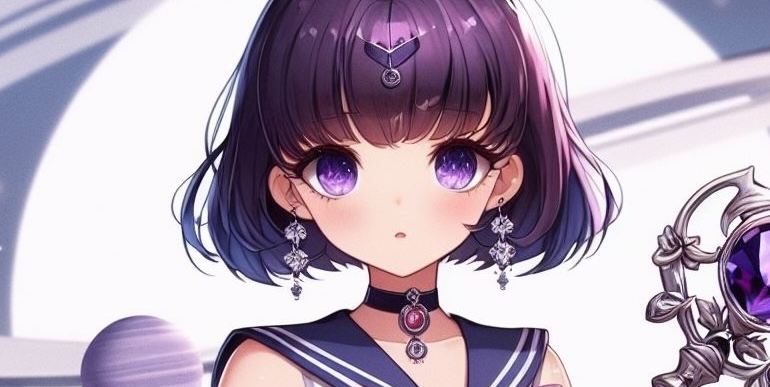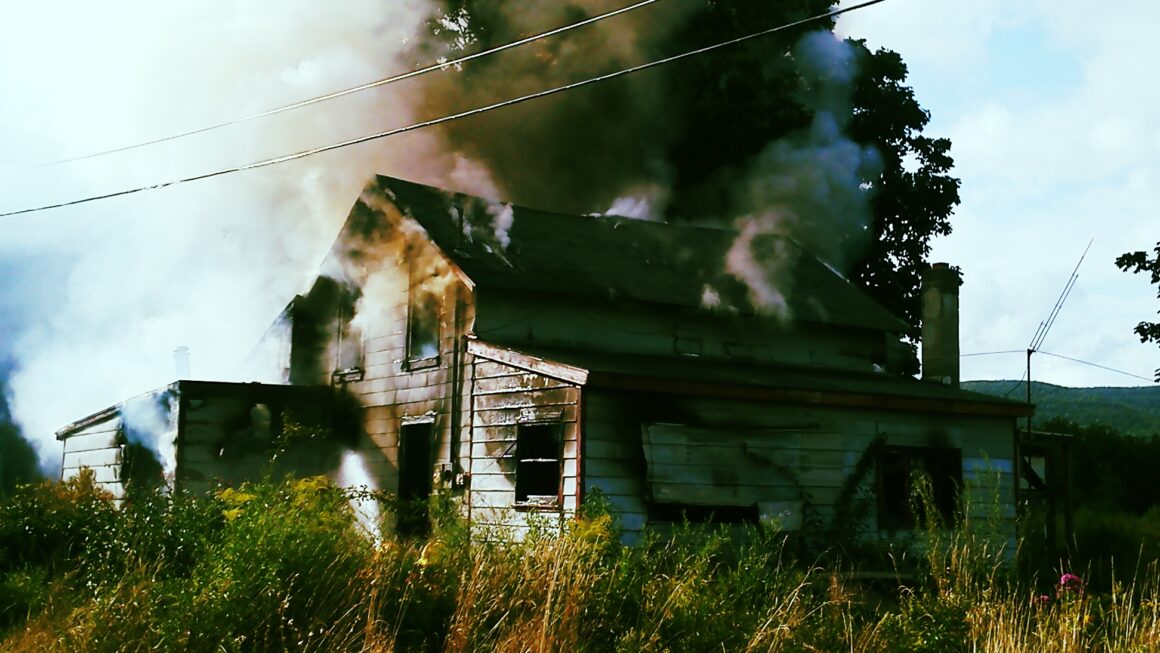When I was growing up in the nineties, grunge was king, the internet made a noise like a dying robot when it connected, and people weren’t afraid to tell you the hard, sometimes brutal truth. I miss that brutal honesty the most. Back then, getting to the top of your class involved being really bad at something first. But, and here’s the catch, you had to actually know you were bad, understand why you were bad, and then, ideally, take some steps to be marginally less bad.
Fast forward to the twenty-first century, two decades deep, and we’re in a world that’s stuck in a weird, contradictory loop. On the one hand, we’re obsessed with force-feeding ourselves positivity even when it makes as much sense as putting pineapple on pizza. On the other hand, we thrive on negativity like it’s the last slice of said pizza—because nothing spices up an otherwise bland existence like a good old-fashioned argument. This bizarre social paradox is most apparent on social media, where we all shout into the void, hoping our hot takes will make us feel alive. That’s precisely why I try to avoid it like the plague.
We’re all about handing out participation trophies now, making sure no one ever feels the sting of failure. That’s where we’ve gone terribly wrong, because you need to feel bad about being bad. Sure, you shouldn’t wallow in self-pity forever, but you must at least acknowledge your own mediocrity. It’s okay to suck. Yes, it’s okay to be terrible at something, if you’re aware of it and motivated to do better. Just don’t expect to suddenly sprout wings and fly when you’ve barely mastered the art of flapping.
Even when you’re good at something, you can always be better. Take writing, for instance. I’ve always had a knack for stringing words together into something vaguely coherent. But throw me in front of an audience, and suddenly I’m the human embodiment of a train wreck — rambling, stumbling, and generally making a mess of things. It’s like some cosmic joke: how can someone who writes halfway decently turn into a complete disaster when trying to speak? But that’s life, full of paradoxes and little reminders that we’re far from perfect. That’s okay, too; just don’t start throwing a pity party.
I’ve been typing up my thoughts since the dawn of the 21st century. Long before the world was pixelated and stored in binary code, I was tapping away on keyboards, convinced that my every word was a masterpiece. Well, it wasn’t, but at least it was out there, for better or worse. Now, well into my thirty-seventh year, I’m still an amateur compared to the literary giants who’ve come before me. And you know what? I’m fine with that. Because for most of my life, I wrote badly — really badly. Others might disagree, but that’s all relative.
Writing, like all creative pursuits, is about getting something—anything—out onto the page. Once it’s there, you can’t get too attached, because those words don’t care about you. They’re just symbols, as flawed as their creator. So, it’s only through obsessive tinkering that they start to resemble what you meant. Even then, you can’t guarantee anyone else will understand them.
Most of the time, when I write — okay, type — what comes out isn’t exactly gold. But that’s alright. The important thing is that it’s out there, living and breathing on the page. I never know if I’ll come back to it, if I’ll expand on it, or if it will just sit there, a half-baked idea waiting to be rescued from the digital ether. I often find myself revisiting old thoughts, noticing the same patterns and concerns cropping up repeatedly, like some weird literary Groundhog Day. But these recurring themes, like the art of thinking, have a way of occupying my mind.
So, what do I mean by the art of thinking? Well, I like to approach topics from different angles, taking them apart logically—or at least trying to. Sometimes, I get these brilliant mental images that evaporate before I can even begin to describe them. Other times, I’m stuck with nothing but a gut reaction, which I still dutifully jot down. But the point is, I try to go back and rethink things I might have dismissed too quickly. I don’t particularly enjoy arguing for the sake of it, but there’s value in debate—and even more in private contemplation.
Inevitably, it’s all about growth. Whether I’m scribbling in a notebook or typing away at a keyboard, I’m constantly striving to be better—knowing full well that perfection is a myth. So, before you become a great writer (if such a thing even exists), you must first write badly. Embrace the suck, as they say. If there’s one thing I’ve learned in all my years of literary misadventure, it’s that you have to be terrible before you can be anything close to good. Even then, you’re probably just fooling yourself.
~ Amelia Desertsong



